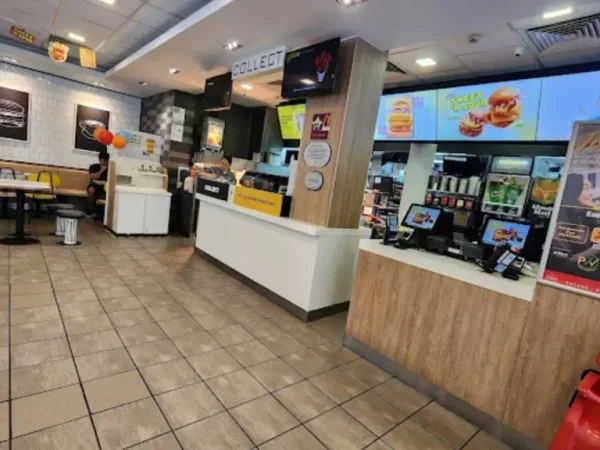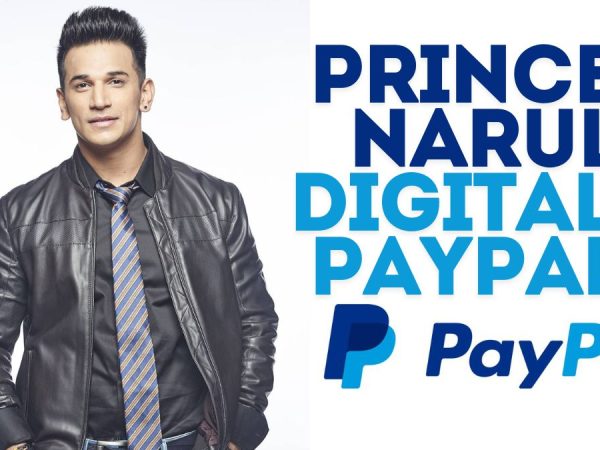How Do Podcasts Offset Production Costs? 5 Insights You Need to Know

Have you ever wondered, how do podcasts offset production costs while maintaining high-quality content? Producing a podcast involves numerous expenses, including equipment, editing software, hosting fees, and marketing. These costs can quickly add up, making it challenging for creators to sustain their projects. However, many podcasters have discovered smart strategies to not only manage these expenses but also generate profits. This article explores five proven ways podcasts offset production costs, helping creators build financially sustainable shows.
Sponsorships and Advertisements: How Do Podcasts Offset Production Costs Through Partnerships?
One of the most reliable ways podcasts offset production costs is through sponsorships and advertisements. These partnerships allow brands to reach specific audiences while enabling podcasters to cover expenses. Sponsors typically pay podcasters to promote their products or services, creating a win-win situation.
Types of Sponsorships
- Dynamic Ad Insertion: Advertisements are automatically placed into podcast episodes, which can be updated over time to keep content relevant.
- Integrated Sponsorships: Podcasters incorporate ads into their scripts, making them feel more natural to listeners.
Tips for Attracting Sponsors
- Showcase your audience’s demographics and engagement statistics to potential sponsors.
- Align with brands that match your podcast’s theme or niche for authentic promotions.
Sponsorships are a powerful way to offset production costs, especially for podcasters who consistently deliver value to their listeners.
Crowdfunding: Community Support to Offset Costs
Crowdfunding platforms like Patreon and Kickstarter offer podcasters a direct way to offset production costs. These platforms let fans contribute financially in exchange for perks, such as exclusive episodes or behind-the-scenes content.
Benefits of Crowdfunding
- Reliable Revenue Stream: Monthly contributions help cover recurring expenses like hosting fees and editing software.
- Stronger Listener Bonds: Supporters feel more connected to the podcast when they’re directly involved in its success.
Incentives for Crowdfunding Success
- Offer early access to new episodes or bonus content.
- Create exclusive merchandise or digital downloads for patrons.
Crowdfunding not only offsets costs but also turns your listeners into a loyal, supportive community.
Merchandise Sales: Turning Fans into Customers
Selling merchandise is another excellent way to offset podcast production costs. Items like branded apparel, mugs, or digital products can turn your podcast’s loyal audience into paying customers.
Popular Merchandise Ideas
- T-Shirts and Hoodies: Logo-branded clothing items are always a hit.
- Limited Edition Collectibles: Celebrate milestones with exclusive merch.
- Digital Content: E-books, templates, or downloadable guides tailored to your audience.
Setting Up Shop
Use platforms like Shopify or Etsy to set up an online store with minimal effort. Print-on-demand services allow podcasters to offer products without needing to manage inventory.
Merchandise not only generates revenue but also serves as a marketing tool, spreading the word about your podcast far and wide.
Paid Memberships: Premium Content for Loyal Fans
Offering paid memberships is an increasingly popular way for podcasters to offset costs while providing extra value to their most dedicated listeners. Platforms like Apple Podcasts Subscriptions and Spotify make it easy to create premium membership tiers.
What Paid Memberships Offer
- Ad-Free Episodes: Subscribers enjoy uninterrupted listening.
- Exclusive Content: Members gain access to extended interviews or bonus episodes.
- Direct Engagement: Paid members can participate in live Q&A sessions or receive personalized shoutouts.
Paid memberships offer a reliable revenue stream, giving podcasters a stable way to cover production costs while rewarding loyal fans.
Partnerships and Collaboration: Shared Resources to Reduce Costs
Collaborations with other creators or brands are a practical way to offset podcast production costs. Partnerships often lead to resource sharing, audience growth, and increased revenue potential.
How Partnerships Work
- Shared Equipment: Co-podcasters can share recording tools or editing services to cut down on expenses.
- Cross-Promotion: Partnering with similar shows introduces your podcast to a new audience, increasing growth opportunities.
Building Effective Partnerships
Identify collaborators whose content aligns with your niche. A well-planned partnership benefits all parties by reducing costs and boosting exposure.
FAQs
How much does podcast production cost on average?
Production costs vary but typically range from $100 to $500 per episode for independent creators, depending on the quality and complexity of the content.
What’s the easiest way to start offsetting podcast costs?
For beginners, crowdfunding platforms like Patreon offer a straightforward way to generate income while building listener engagement.
Do sponsorships work for small podcasts?
Yes, smaller podcasts can attract sponsors by targeting niche audiences and showcasing strong listener engagement.
What kind of merchandise sells best for podcasts?
Branded apparel, mugs, and exclusive digital content (like bonus episodes or e-books) tend to perform well with podcast audiences.
How do paid memberships affect podcast growth?
Paid memberships typically enhance growth by fostering loyalty among core listeners while still offering free episodes to attract new fans.
Is collaboration with other podcasters worth it?
Absolutely. Collaborations can reduce production costs, expand your audience, and introduce fresh perspectives to your content.
Conclusion
So, how do podcasts offset production costs successfully? Through sponsorships, crowdfunding, merchandise, paid memberships, and partnerships, podcasters can manage their expenses and even turn a profit. Each strategy requires creativity, dedication, and a deep understanding of your audience’s preferences.
By applying these insights, you can make your podcast sustainable and financially rewarding while focusing on delivering exceptional content. Whether you’re just starting or refining your existing show, these approaches will help you navigate the challenges of podcast production with confidence.
Also read: Why Social License to Operate Matters: 5 Key Insights for Modern Businesses










